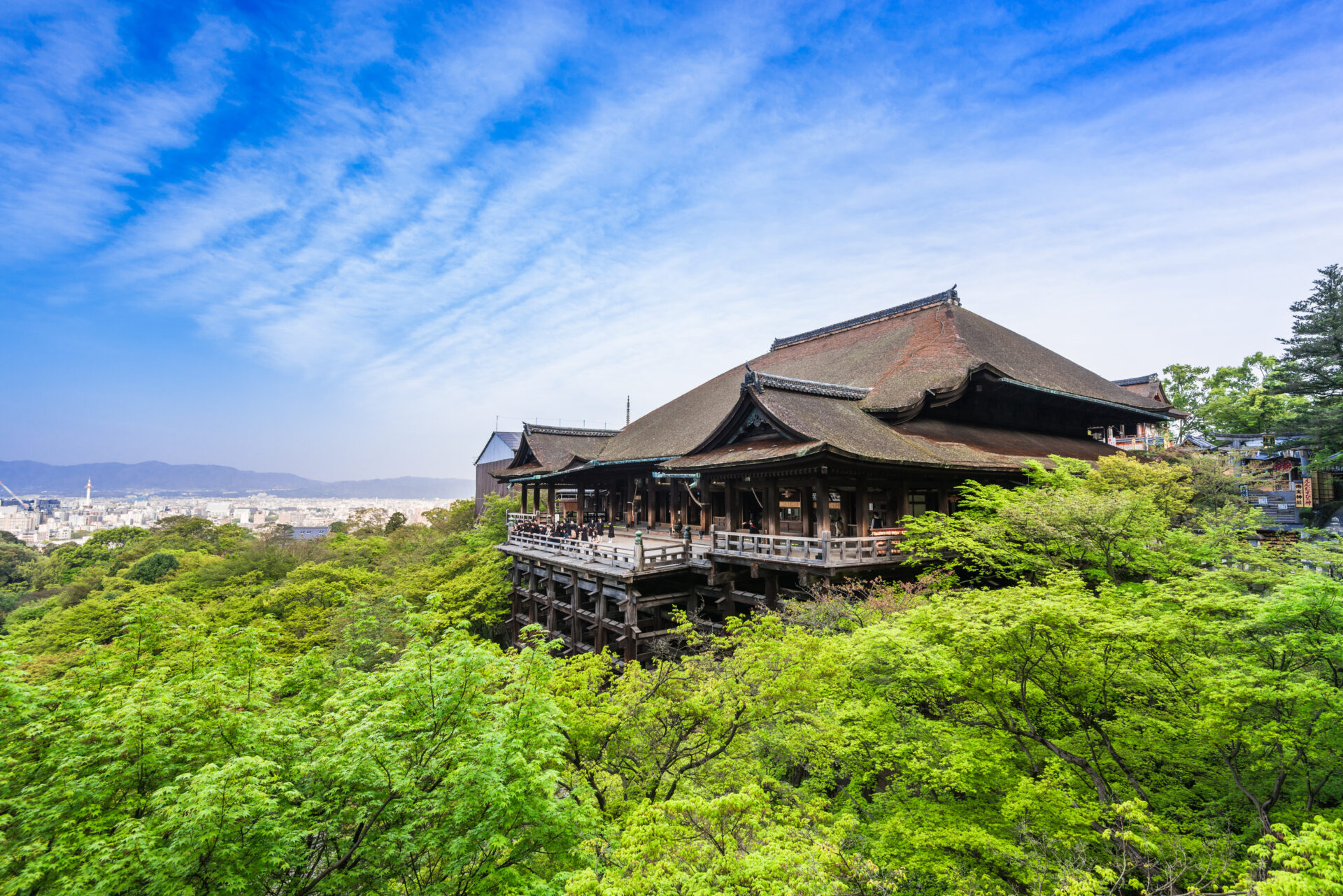【JTBGMT】サステナブル・ツーリズムへの取り組み
コロナ禍後の訪日旅行の再開と共に、外国人のお客様が訪日旅行に求める内容や旅のスタイルが変遷する中で、JTBGMT はサステナブル・ツーリズムの推進に取り組んでおり、責任ある旅行提唱し、レスポンシブルトラベラーの輪を広げる活動をしてます。
サンライズツアーSDGs(英語サイト)
https://jtbgmt.com/en/g-web/sdgs
このコンテンツのSDGs分野
利用概要
- 備考
[Category1. Environment(ECO) Friendly]
1. We prioritize the use of transportation with reduced CO2 emissions and vehicles that minimize harmful effects on the environment.
2. We reduce the number of disposable items offered during the tour, and prioritize the use of recyclable items.
3. By using local production for local consumption food products that are offered in the tour, we contribute to the reduction of energy and CO2 emissions that would have been otherwise present during food transportation.
4. We support carbon offset programs, wherein tour-related CO2 emissions are compensated by carbon absorptions made elsewhere, thus protecting the future of the planet.
5. We offer opportunities for hands-on learning about the preservation of nature and wildlife.
[Category2. Cross Cultural Understanging]
1. We offer opportunities for hands-on learning about the preservation of culture and arts.
2. On tours promoting tourism exchange, we make good use of wit and characteristics to prepare new content without marring the region’s essential value, leading to regional revitalization.
3. By providing opportunities to know the region’s culture, nature, and history and to interact with the region’s people, local knowledge and stories are shared, bringing forth a deep impression among tour participants as well as pride and further work initiative among the local residents.
4. By offering the region’s traditional food prepared with local ingredients (regional cuisine), food culture is demonstrated, contributing to cultural heritage.
[Category3. Social Contribution]
1. By providing opportunities for tour participants and regional producers to interact with one another, we bring direct revenue to local regions, contributing to their economic growth.
2. We work on improving relations between accommodation facilities and local producers, especially supporting the production and distribution of local food items and souvenirs.
3. For the preservation of nature, arts and culture, a portion of the tour charges is contributed to social work such as local associations and is used on activities rooted in the region.
4. A portion of the tour charges is assigned to activities and workshops that promote education on sustainability.







 京都の体験
京都の体験 お電話でのお問い合わせ
お電話でのお問い合わせ メールでのお問い合わせ
メールでのお問い合わせ